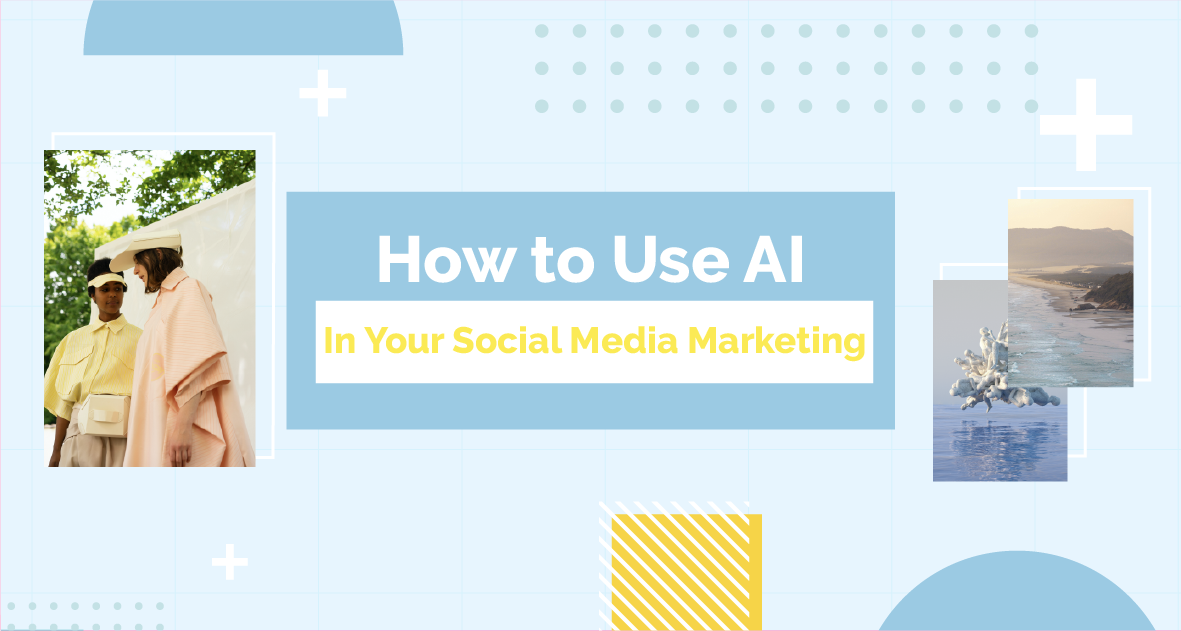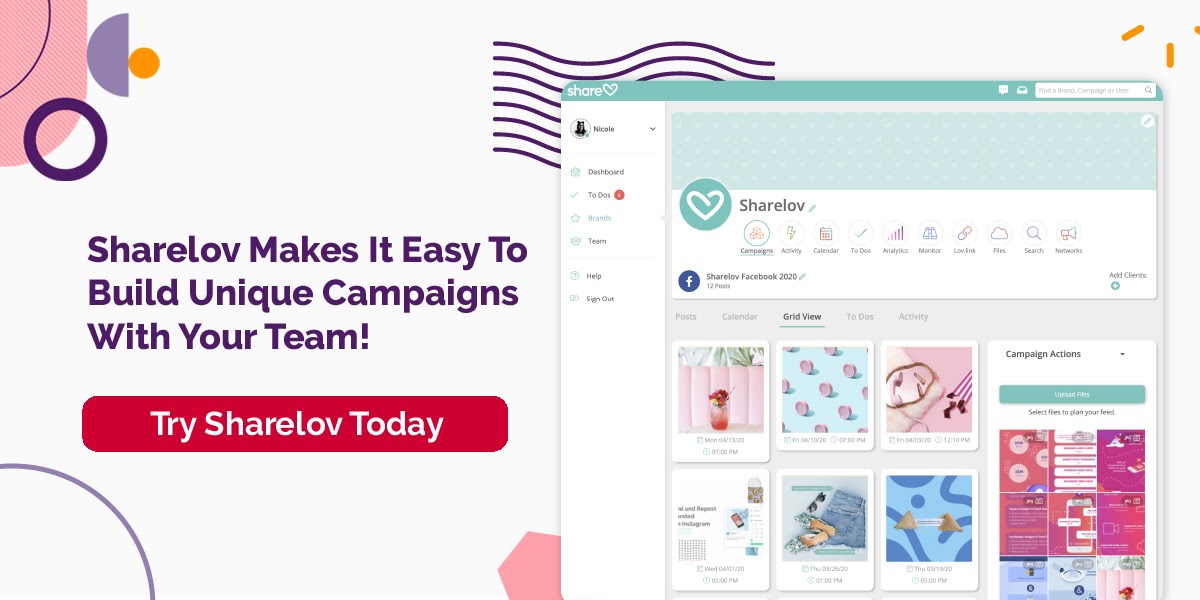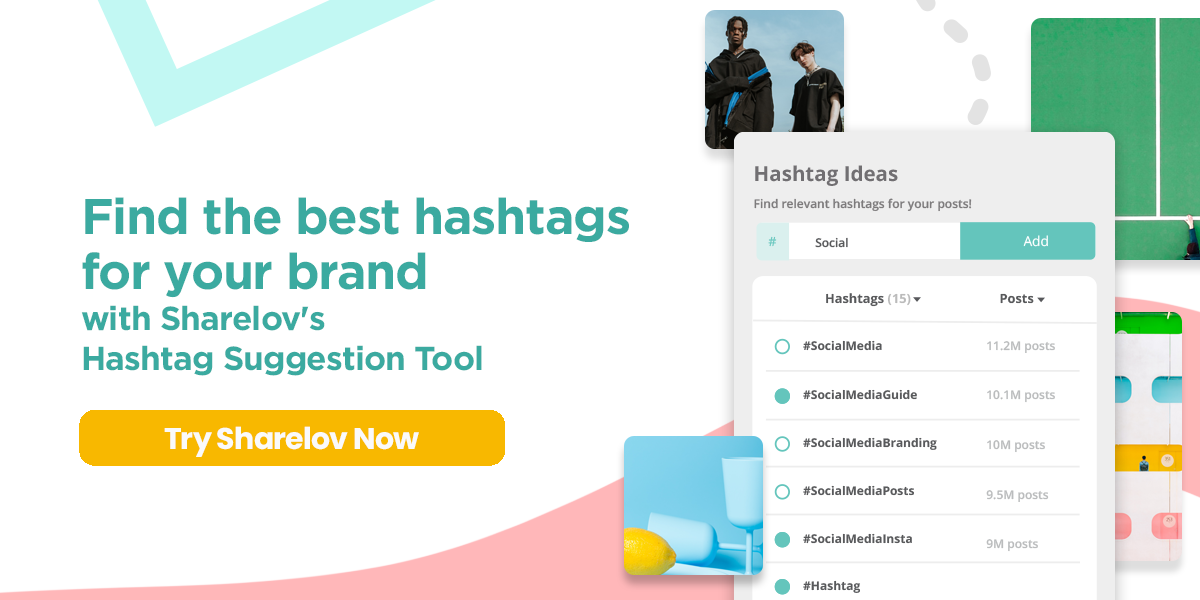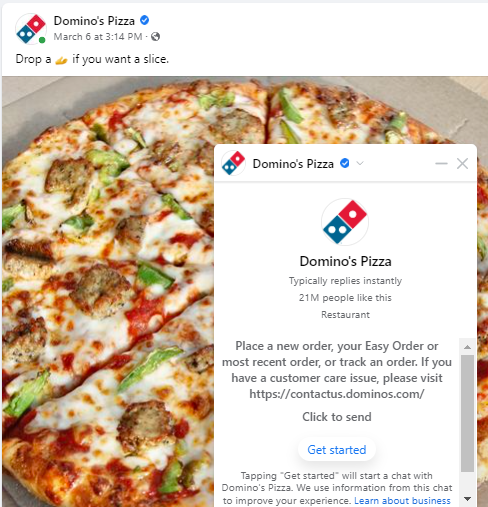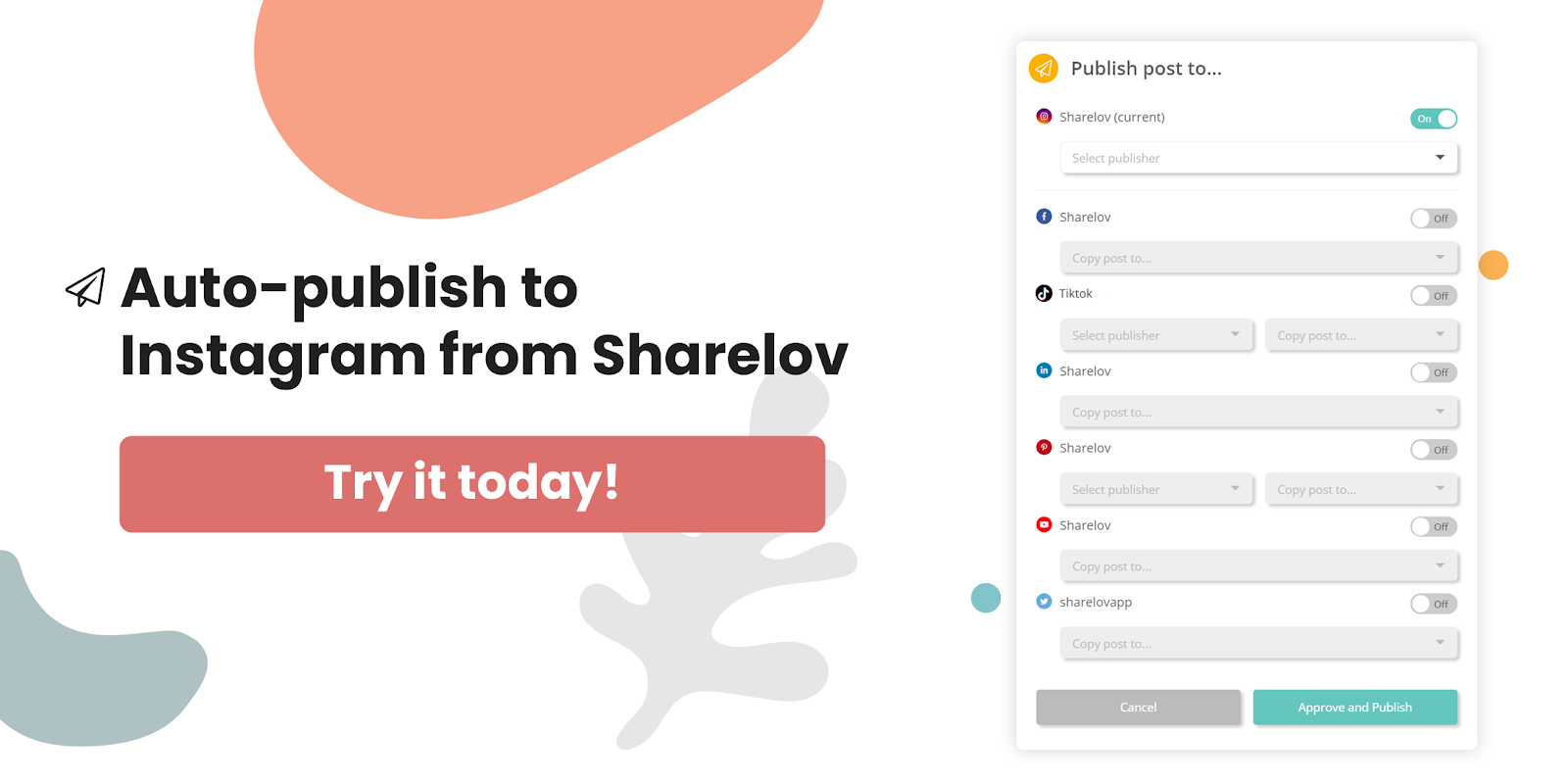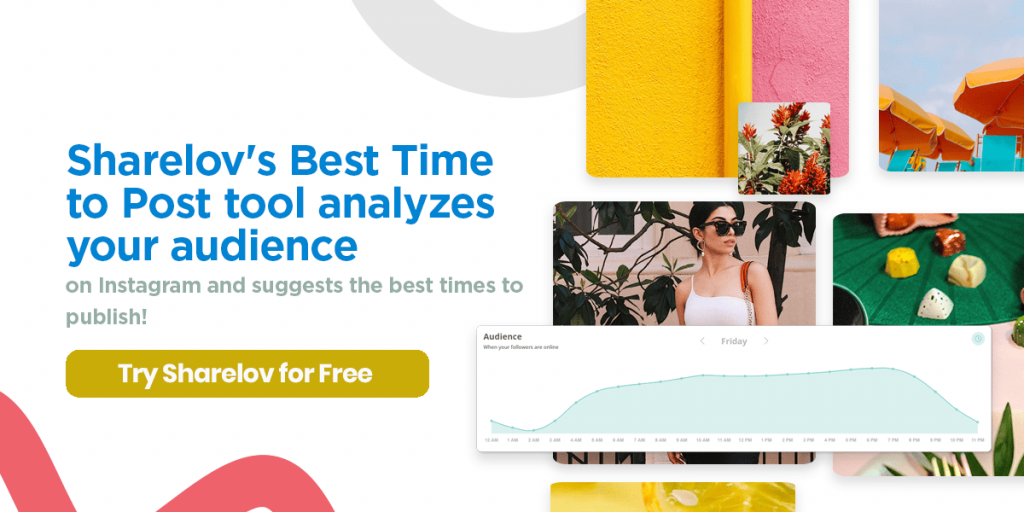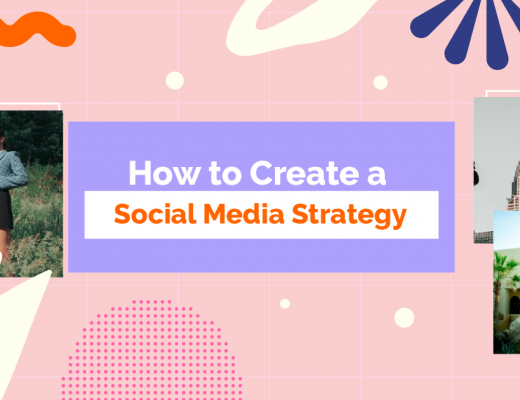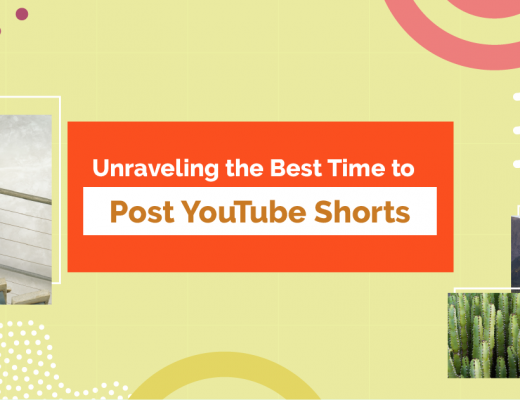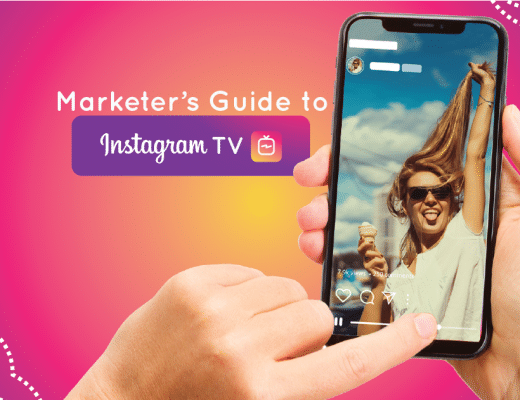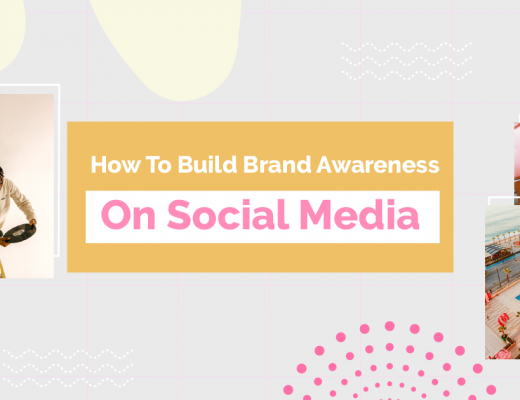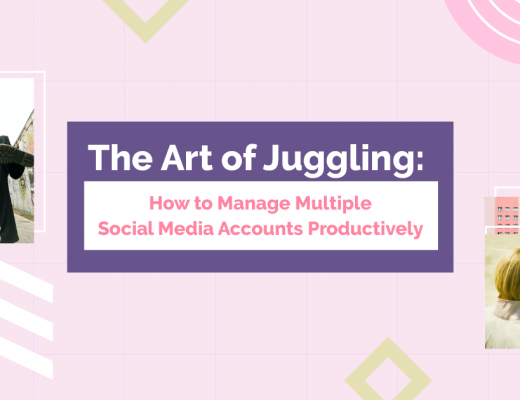Social media marketers enjoy a wide range of AI-driven tools that help them reach customers more efficiently, such as ad targeting, analytics, hashtag suggestion, and posting time recommendation tools.
Some of the newer, AI-driven, marketing technologies claim to do a lot of the “thinking” and production work for you, but is that a good idea?
If you’re wondering how artificial intelligence can be used intelligently in social media marketing, this article is for you!
In this article, we show you what tools are currently used by social media marketers, and which ones can help you market more effectively.
We also show you some bad examples and tell you what to watch out for when it comes to using AI-driven tools for social media marketing.
If you’re a marketer wanting to use AI to boost your ROI on social media, without chasing away your audience, this is the guide for you!
What Is Artificial Intelligence?
The precise definition of artificial intelligence is an ongoing debate. There is no one correct, exact definition because there are many opinions on what “it” is.
Some claim that AI must learn from its experience and think for itself to technically be considered artificial intelligence.
Others believe AI is anything that collects data and acts on it.
Others, still, say AI is something that does “the work” for you.
Marketers typically use the term “artificial intelligence” to refer to an augmented form of intelligence — one that combines artificial “thinking,” automation, and human interaction.
Social Media Artificial Intelligence Examples
In its most basic form, AI and automation can help perform functions such as
- Determining the best posting times for your social media posts.
- Monitoring your competitors’ social media content and analytics.
- Listening in on conversations in which your brand name is mentioned.
- Generating hashtag ideas for your social media posts.
- Producing customized analytics in a visual format and instantly sharing insight cards with your team members.
- Targeting ads to the right audience.
More advanced forms of AI marketing tools, such as Chat GPI-fueled tools, are mostly in their early stages.
Some text generators may become very useful in helping marketers choose the best words and language to communicate with their audience. Others may lead overly ambitious marketers down a path that could cost them followers.
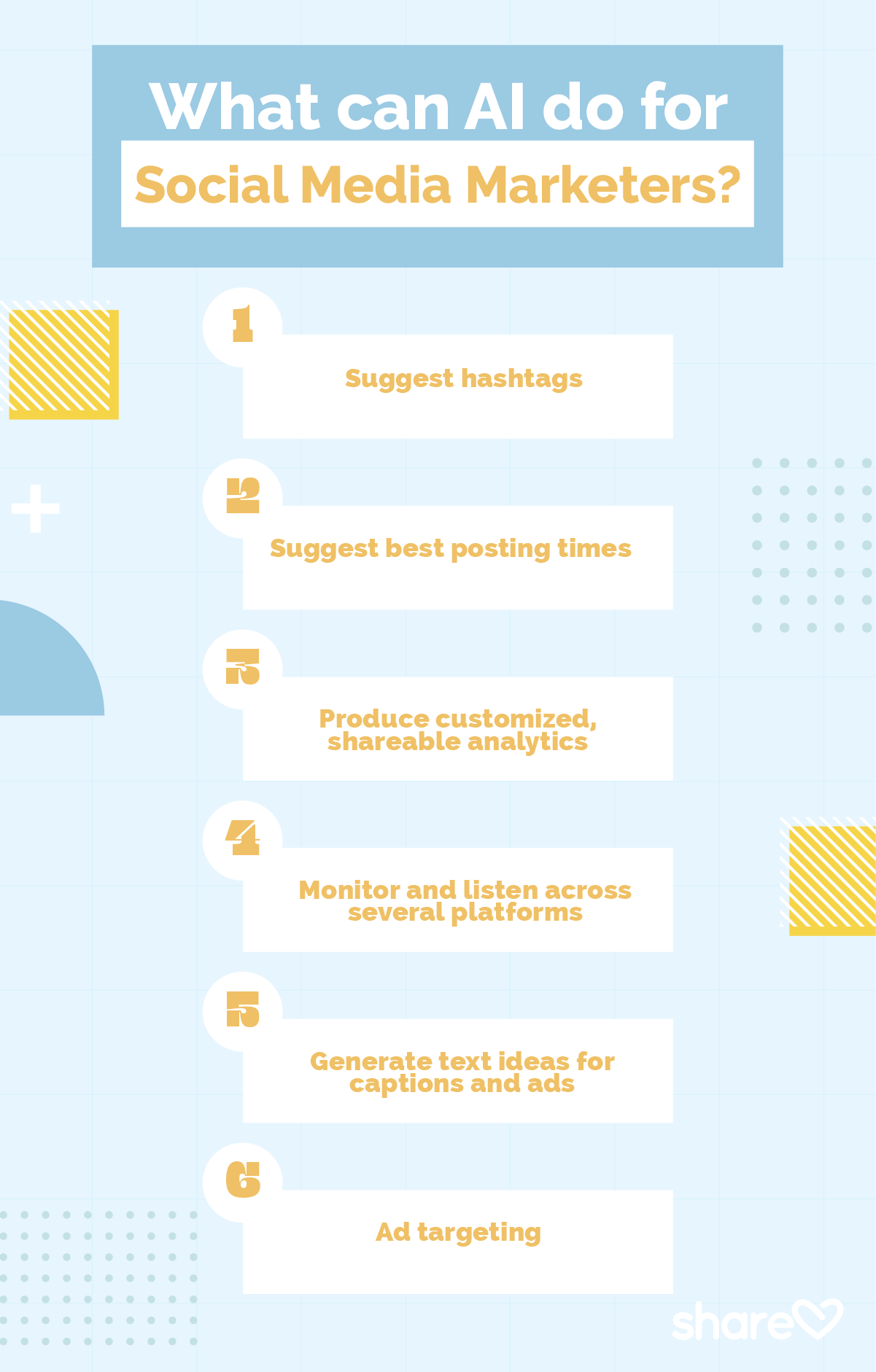
For example, Chatboxes are an excellent application of AI on social media. They can answer customers’ questions, field complaints, and even take orders without human interaction, but the best ones provide human backup for users wanting to speak to a real person.
Some of the latest AI-driven tools take things a step further, though, claiming to do things such as create videos for you (in less than 60 seconds) and write social media posts so that you don’t have to.
Auto-communicating is a tricky ground for marketers.
On one hand, chatboxes prove that some AI-driven communication can succeed by providing a more-effective experience for customers while also saving brands time, manpower, and expense.
But marketing is a competitive field, and successful brands don’t use AI to put their marketing on auto-pilot.
For example, some programs can auto-generate personalized videos in under 60 seconds.
We gave it a try, inputting some of the basic points from this article.
As you’ll see in our auto-generated video below, it’s probably not something that would go over well on social media. The auto-generated voice sounds like a robot. The graphics are vaguely-related and generic in an age where visuals can make or break your brand.
While the auto-generated version is a no-go for professional marketing, we can see where a program like this could help you develop videos more quickly. If, for example, you were to spend an hour personalizing the artwork and creating your own voiceovers, you could come up with a decent social media video. However, a non-AI graphic design program such as Canva could probably deliver twice the quality in the same amount of time.
The latest advancements of ChatGPT, a natural language processing tool driven by AI technology, have created a lot of chatter surrounding auto-generated text for ads and social media posts, and captions.
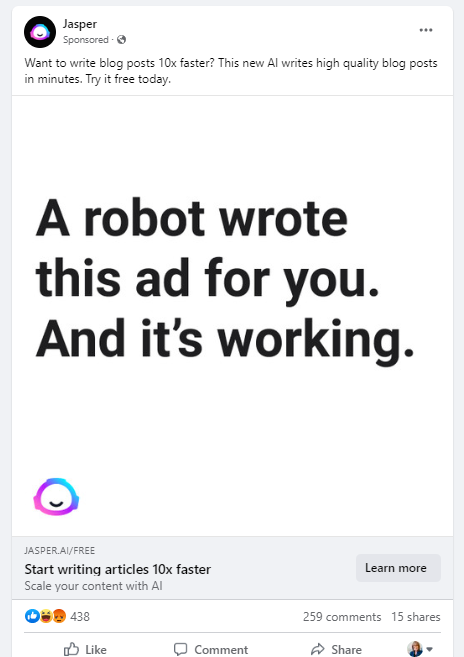
Source: Facebook
The best use of text-based AI writing for social media is when professionals use it to enhance their process.
For example, we used Copy.ai to test drive the writing of an Instagram caption. We explained (to the app) that our post would be about how marketers can use AI for social media. We included a misspelled word, just to see how “thoughtful” the program is.
Auto-generated Instagram caption: How can marketers use AI to help them reach customers? Find out how!
The auto-generated caption wasn’t bad. It got its point across and used an engagement-provoking question at the end. And — bonus points – it understood the misspelled word.
But the caption isn’t great. We definitely wouldn’t publish it without some tweaks. For example, the caption repeats the word “how” twice. And overall, it’s a bit generic and missing interesting details and irresistible teasers.
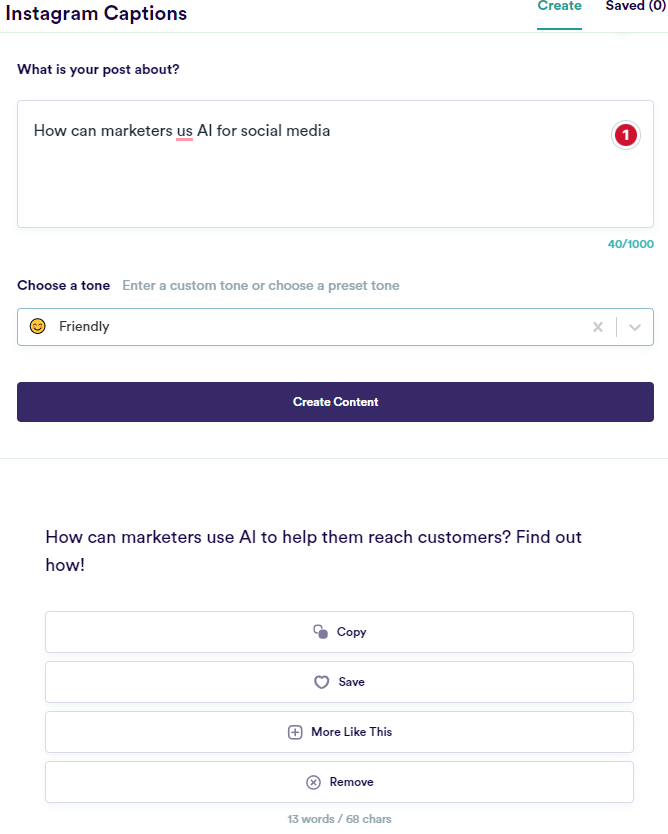
Source: copy.ai
AI provides many useful marketing tools, but most need human supervision and interaction to prove useful.
Marketers looking to enhance the quality and effectiveness of their social media content and campaigns will almost always incorporate AI tools to improve efficiency. Many will experiment with new technologies (such as Chat GPT text) as they develop and may find ways to make some of their work more effective.
However, anyone looking to put their social media marketing on autopilot by allowing AI to do the work for them will not be happy with the long-term results.
All marketing AI and automation require human supervision, but responsibly using the right tools can help you save time and boost your social media marketing ROI.
How Successful Social Media Marketers Use Augmented And Artificial Intelligence
More than 80% of marketers use some form of AI technology. The most popular usage lies in ad targeting, according to a marketing and artificial intelligence report by Statista.
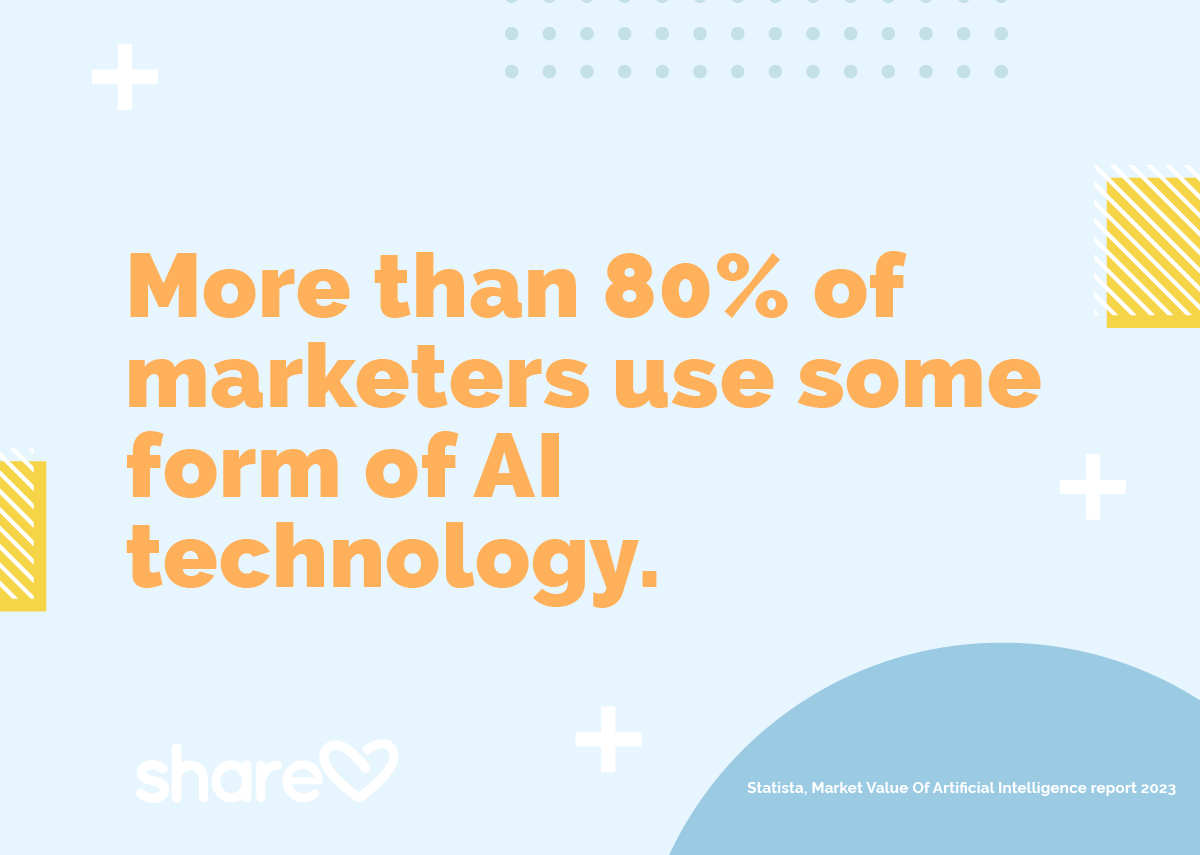
It’s no wonder that AI tools are so popular among marketers. They help us save time, reach our target audience, and communicate more effectively.
Here are some of the ways you can use artificial intelligence and automation to improve the effectiveness of your social media marketing efforts.
Target your ads.
You’re already familiar with it — ad targeting. Most social media platforms provide a massive advantage to advertisers by allowing them to choose the type of people that see their ads. For example, a business may target vegetarians, business owners, or medical professionals, and pay only for ads shown to their target audience.
Monitor your competitors.
Monitoring tools can help you keep a close watch on what your competitors are publishing on social media. A good program will also show you the analytics on each of their posts so you can discover what types of posts, formats, and captions are getting the highest engagement – and which ones are tanking.
Monitor your industry influencers.
Monitoring the social media influencers in your industry can help your team keep up with the latest trends and fuel their creative process.
It can also help you track influencers you’re considering partnering with, so you can see first-hand how well they engage their audience.
Choose the best posting times for your social media content.
A good best times to post tool will find the “sweet spots” where your audience will most likely log on to the platform and interact with brands.
For many platforms and feeds, posting at the right time can give your content a significant boost in engagement.
Monitor your brand presence.
Keep up with your brand’s reputation by monitoring your brand name mentions on social media. This is a great opportunity to address complaints and show you care. It’s also a great way to thank loyal customers for putting in a good word about your brand or product.
Engage with your audience in a more timely manner.
Keeping up with all the comments people make on your pages – across several social media platforms – can pose a challenge for most teams.
A good community management tool allows you to review all your comments across several platforms. This lets you respond quickly and keep your communications organized.
Track your performance more effectively.
Analytics, usually called “insights” on social media, have evolved so well that they often provide too much information. It’s great to do a deep dive into your full social media analytics on occasion, but you also need a way to check the priority metrics daily.
A good analytics tool allows you to prioritize the insights that matter to you and instantly delivers a visual presentation that allows you to review them in minutes. When choosing an analytics tool, look for one that allows you to quickly and easily share the data charts with your team members.
Put your publishing on auto-pilot.
Your team has written great content and paired it with the perfect visuals, then determined exactly what times it should post to each platform.
Once you’ve created awesome content, put the publishing part of it on autopilot. This is one “autopilot” task that will win over your audience!
Experiment with Chat GPT-driven programs for ads and captions.
Auto-generation of social media captions should always be supervised and most likely tweaked before publishing.
However, we can imagine a day when the programs evolve well enough to provide you with some pretty amazing ideas for social media posts.
In the meantime, we think it’s worth your time to check out how some of the text-generating tools work, because they may provide you with additional ideas and inspiration. Plus, it’s a good thing to keep up with what’s going on with marketing trends, and we think everyone should at least experiment to understand how they work.
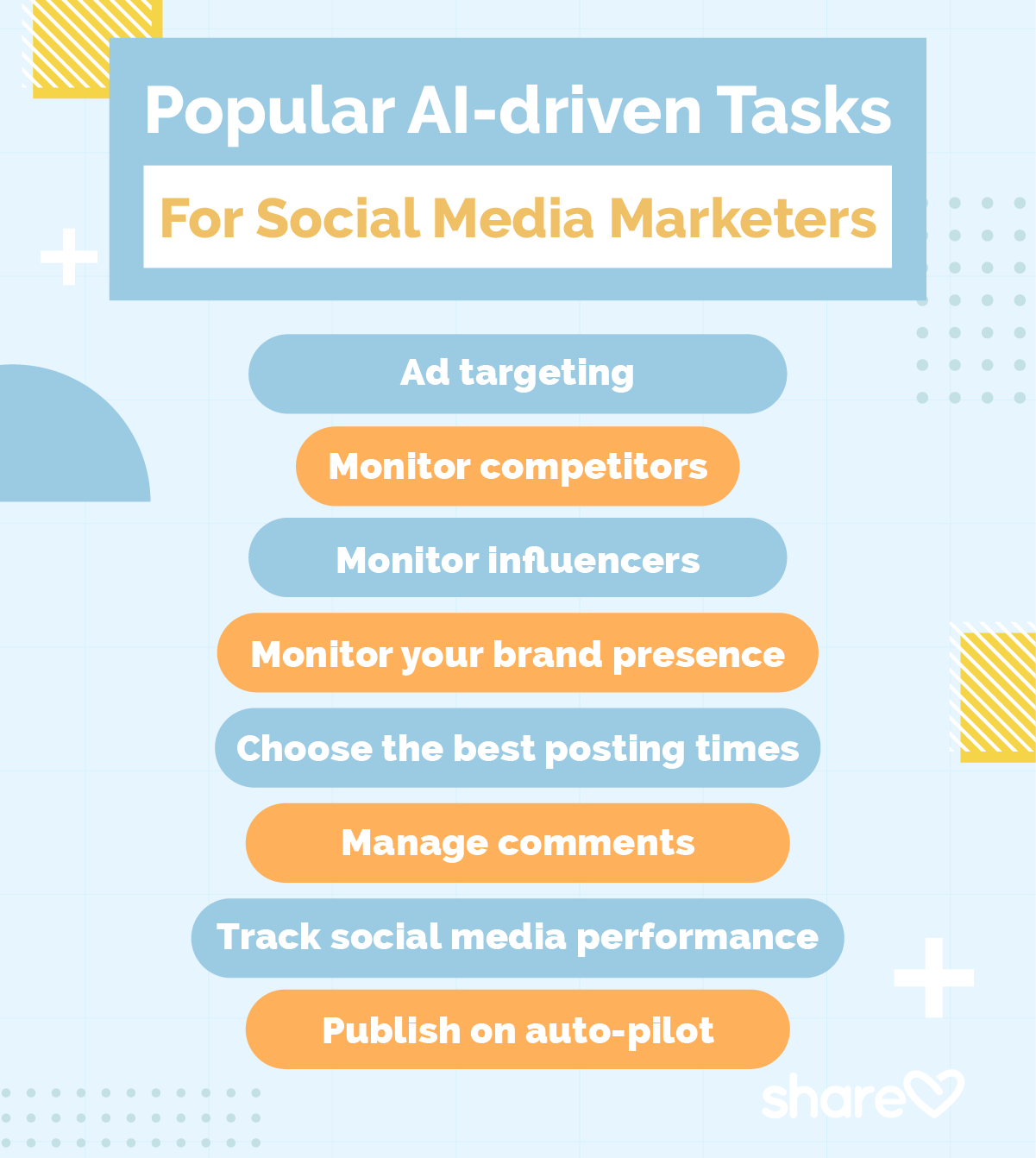
Artificial Intelligence In Social Media Marketing
Since marketing is all about keeping up with the trends and mastering communication, it’s important to try new tools and experiment with new technology occasionally. This includes testing some of the new AI-driven marketing tools.
Some augmented and artificial intelligence tools can have a significant positive impact on your marketing ROI. Others, like the ones that promise to put your marketing on autopilot, are not to be trusted without supervision — and can often create more work, instead of less, in the long run.
AI-driven social media marketing tools can help you grow your audience, engage your followers, and boost your sales and conversions by marketing more effectively.

